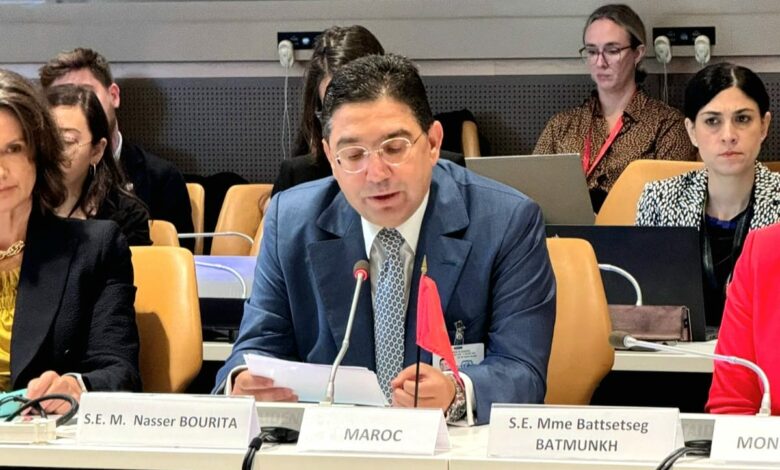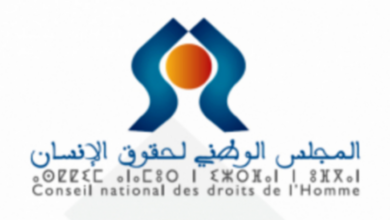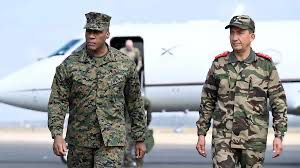New York: Bourita Highlights Feminist Approach in Moroccan Diplomacy as a Strategic Choice Rooted in Royal Vision
New York: Bourita Highlights Feminist Approach in Moroccan Diplomacy as a Strategic Choice Rooted in Royal Vision

By Meryem Hafiani / ALDAR
Speaking at Thursday’s meeting in New York on “Women Building Peace in Times of Crises and Armed Conflicts: How Feminist Foreign Policy Approaches Can Contribute to Sustaining and Building Peace (FFP+)”, Minister of Foreign Affairs, African Cooperation and Moroccan Expatriates, Nasser Bourita, stressed that peacekeeping can no longer rely solely on traditional mechanisms, but requires the integration of women’s visions and experiences. He described this as a “necessary correction” to truly understand today’s global realities.
Bourita underlined that Morocco has embraced this approach as a clear choice, reflected in stronger female representation within decision-making bodies, the training of women mediators, a zero-tolerance policy toward violence against women, and the promotion of their role in preventing violent extremism and spreading a culture of peace.
The minister also emphasized that Morocco’s accession this year to the FFP+ group—coinciding with the 25th anniversary of UN Security Council Resolution 1325 and the 30th anniversary of the Beijing Declaration—demonstrates the Kingdom’s determination to bring the voice of the Global South and to reaffirm that the fight for equality is a universal cause.
He recalled that the reforms launched since His Majesty King Mohammed VI’s accession to the Throne—whether through the Constitution or the Family Code—embody an irreversible national commitment. The recent royal call for a new reform of the Family Code, he noted, aims to consolidate these achievements and ensure more effective equality.
This dynamic has led to a strong presence of women in Moroccan diplomacy: they now represent 48% of the workforce, hold 49% of leadership positions at central administration, account for 21% of ambassadors—including in key strategic capitals—and head 40% of general consulates.
For Bourita, these figures clearly show that Morocco’s feminist approach in foreign policy is not an imported model, but rather the result of a national trajectory steadily guided by the enlightened vision of His Majesty the King.





